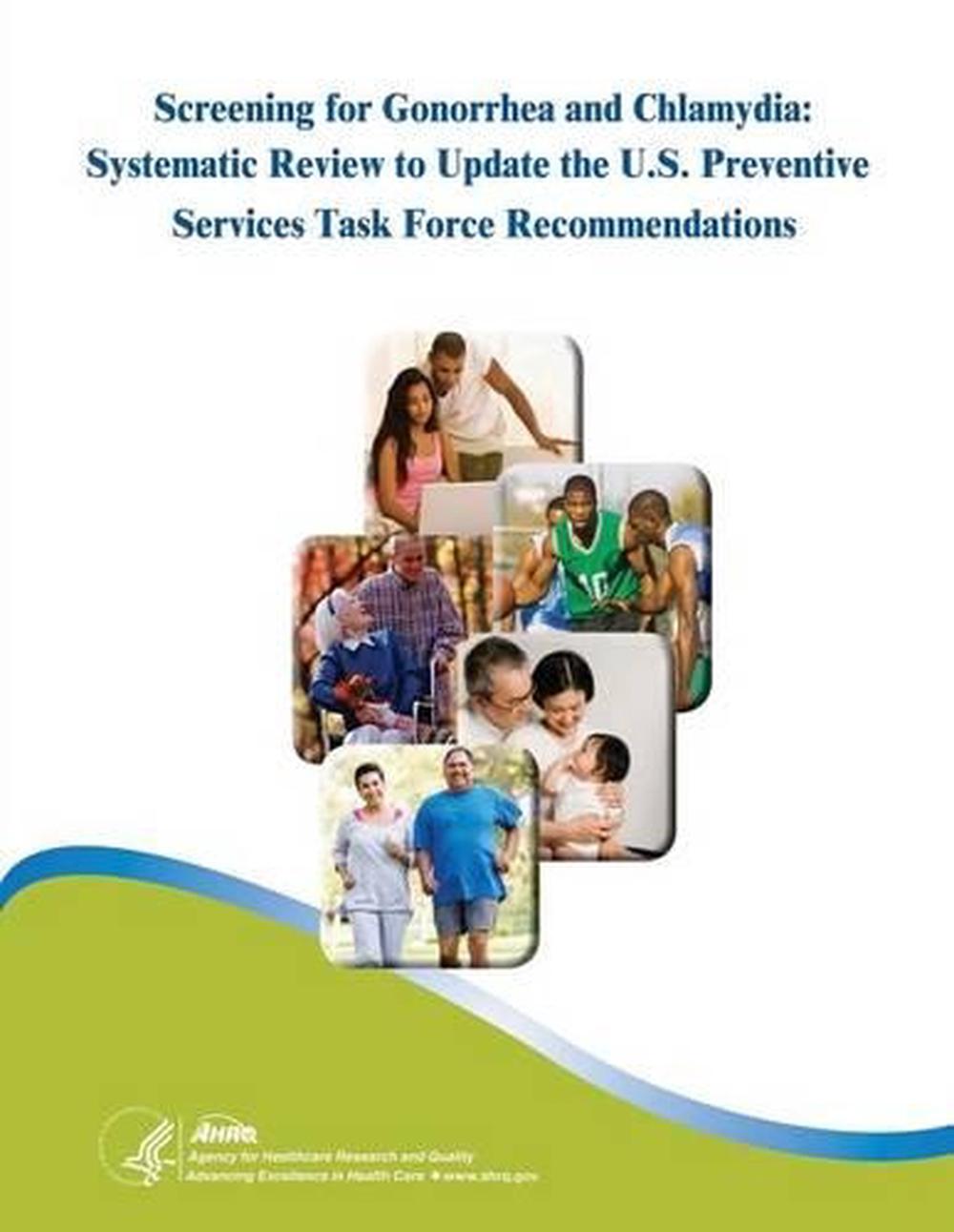

Epididymitis in men, which can lead to infertility in rare cases.Gonorrhea, on the other hand, tends to cause discharge that is white, yellow, or greenish.Ĭomplications of both chlamydia and gonorrhea can include: The discharge caused by chlamydia is more likely to have a strong, unpleasant smell and a cloudy appearance. According to the CDC, chlamydia is more prevalent than gonorrhea, with 1,800,000 new cases of chlamydia reported in the United States in 2019 vs. Chlamydia Vs Gonorrhea: Whats The Differenceīoth chlamydia and gonorrhea can be completely asymptomatic in a large number of people. Across all studies the proportion of women carrying LL-VMB ranged from 3.1% to 70.9%. In the selected studies and the population studied, the proportion of women infected with HPV ranged from 9.9% to 79.5%, from 4.8% to 72.9% for C. Rarely, chlamydia can prevent a man from being able to have children.Īlso Check: 1 Day Treatment For Chlamydia Stis And Low Lactobacillus Infection sometimes spreads to the tube that carries sperm from the testicles, causing pain and fever. Men rarely have health problems linked to chlamydia. PID can lead to long-term pelvic pain, inability to get pregnant, and potentially deadly ectopic pregnancy. Even if it doesnt cause symptoms initially, PID can cause permanent damage to your reproductive system. PID often has no symptoms, however some women may have abdominal and pelvic pain. This can cause pelvic inflammatory disease.

If you are a woman, untreated chlamydia can spread to your uterus and fallopian tubes. However, chlamydia can lead to serious health problems. The initial damage that chlamydia causes often goes unnoticed. Gay, bisexual, and other men who have sex with men as well as pregnant women should also get tested for chlamydia. If you are an older woman with risk factors such as new or multiple sex partners, or a sex partner who has an STD, you should get a test for chlamydia every year. If you are a sexually active woman younger than 25 years, you should get a test for chlamydia every year. Ask whether you should be tested for chlamydia or other STDs. Have an honest and open talk with your health care provider.

Gay, bisexual, and other men who have sex with men are also at risk since chlamydia can spread through oral and anal sex. This is due to behaviors and biological factors common among young people. However, sexually active young people are at a higher risk of getting chlamydia. Am I At Risk For ChlamydiaĪnyone who has sex can get chlamydia through unprotected vaginal, anal, or oral sex. If your doctor prescribes a medicine for you to take for seven days, you should wait until you have taken all of the doses before having sex. If your doctor prescribes a single dose of medication, you should wait seven days after taking the medicine before having sex. You should not have sex again until you and your sex partner have completed treatment. Difference Between Yeast Infection and Gonorrhea


 0 kommentar(er)
0 kommentar(er)
